By: Onny Firyanti, Head of Maemuna Center (MAE_C)
The Palestinian people, whether living in refugee camps or living in the Gaza Strip, which has been blockaded since 2007, are currently facing a serious problem, namely the clean water crisis as a result of the ongoing occupation by Zionist Israel.
The increasingly massive blockade, the increasingly severe energy crisis, the limited supply of electricity needed to operate hospital installations and waste treatment machines, the lack of groundwater, the high level of air pollution, the lack of equipment and materials for sterilizing treated water, and the high price of clean water are the causes of the main crisis that occurred in Palestine.
The water and environment management authority in Gaza says there is a continuous high level of subsidence of groundwater in large parts of the Gaza Strip.
Also Read: Boycott of Zionism, The Most Powerful Weapon
According to the agency, Israel is fully responsible for the water crisis in the Gaza Strip and the depletion of its groundwater. Israel also prevents the natural lateral flow of water along its eastern border during the rainy season through various valleys.
Meanwhile, research conducted by a European human rights organization, Euro-Med Monitor, stated that 97 percent of the water in the Gaza Strip is unfit for drinking due to serious pollution.
The Euro-Med Monitor said the electricity crisis was making the situation “worse” by undermining the operation of water wells and wastewater treatment plants, leaving around 80 percent of wastewater that could otherwise be recycled, dumped into the sea, or allowed to seep into the ground.
Pollution also occurs in the Gaza Sea. According to the Ministry of Agriculture and local authorities, the quality of the Palestinian environment has reached an emergency level to be addressed immediately. The level of sea air pollution has reached 60 percent, and it is unfit for use as a place for recreation and swimming.
Also Read: Nuclear Technology: Harm and Benefit from the Qur’anic Perspective
According to the report, pollution levels increased from 20% in the 2012-2013 period to 60% by 2021.
Israel’s years-long blockade of Gaza has resulted in a shortage of equipment and materials for sterilization, resulting in an inability to produce processed food to international standards.
The Israeli occupation authorities also prevent the entry of materials necessary for the maintenance and development of existing treatment plants, including hindering the completion of the construction of several sewage treatment plants.
What about at the Evacuation Site?
Also Read: Gaza Cries Out, the World Stays Silent: A Wounded Humanity
This water crisis is also experienced by Palestinian refugees abroad. The latest reported by the Palestine Information Center, refugees in the Khan Dannoun camp in Damascus complained of an unprecedented increase in prices. The difficult living conditions in the evacuees have made them unable to bear the rising air prices.
Clean water can only reach their refuge for two hours every two weeks, and this is absolutely not enough to meet the needs of refugee families.
The water crisis should be a serious concern for the international community, because it poses a serious threat to the health of the Palestinian population. They are forced to consume unfit air from birth, thus slowly becoming poisoned. The water that they drink and use everyday is polluted while they have no other choice.
Who cares about that?
Also Read: Indo Defence Expo and Forum; Sharing Responsibility of Humankind and Environment
(AT/R6/RE1)
Mi’raj News Agency (MINA)
Also Read: Safiya Saeed: From Somali Migrant to First Hijab-Wearing Mayor of Sheffield






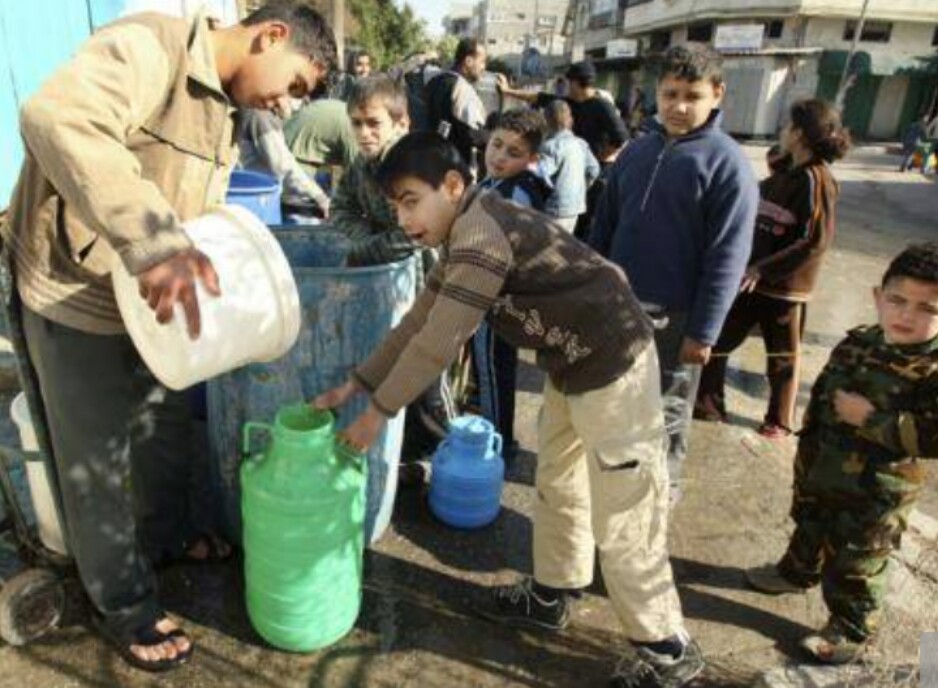


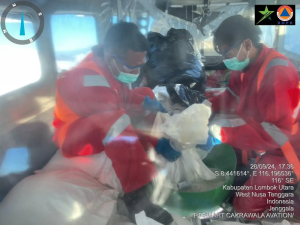

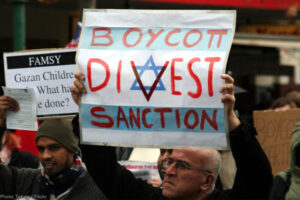

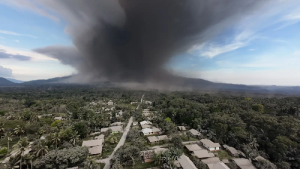
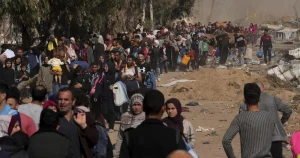
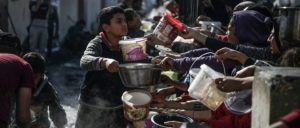
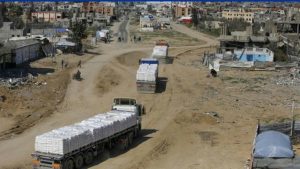
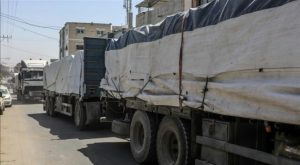
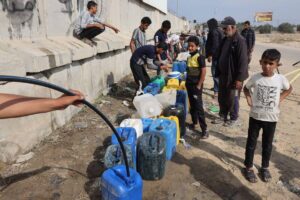
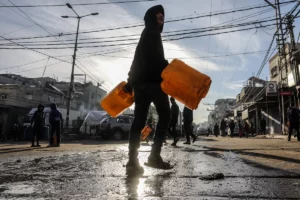
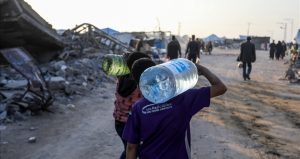




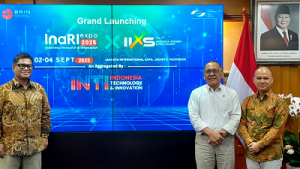










 Mina Indonesia
Mina Indonesia Mina Arabic
Mina Arabic